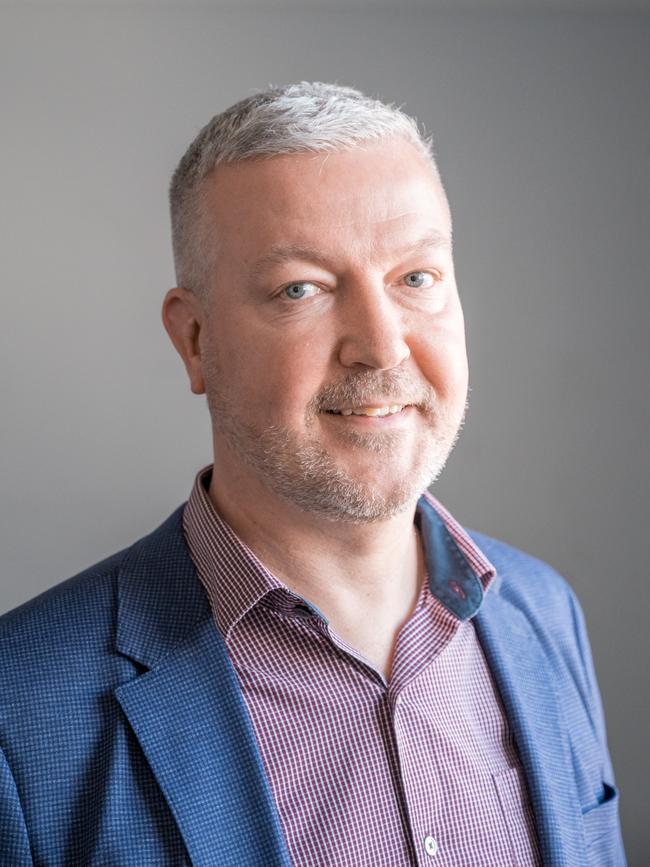Election 2025: $230bn on the NDIS over the next four years? There’s a better way, says expert
Governments should put a ‘ceiling’ on National Disability Insurance Scheme costs. An expert reveals how kids with autism and less-profound disabilities could still be supported.

Governments should put a “ceiling” on National Disability Insurance Scheme costs and redirect some of the $230bn already committed over the next four years to build a better range of services outside the scheme for people with less-profound disabilities.
Doing so would break the current state-federal stand-off on broader disability funding without requiring any more money, disability expert Sam Bennett says.
Dr Bennett, director of the Grattan Institute’s disability program, says the NDIS currently funds individual support packages for tens of thousands of children with developmental delay and autism, providing services such as speech therapy, occupational therapy and developmental support, but this may not be the best approach.
“Many families with children on the scheme with developmental delay and disability are not best served through a system of individualised funding and would be better supported through targeted foundational supports available in the places their children live, learn and play,” Dr Bennett says.

“Our research shows it is possible to significantly invest in foundational supports using existing NDIS funds so that a wider population of disabled Australians have their needs met, while reducing cost pressure on the scheme.
“The current impasse on foundational supports could be overcome by governments setting a ceiling on individualised funding and redirecting committed funding over the forward estimates to establishing a sufficient range of alternative services and supports.
“This needn’t mean new money,” he says.
Last month’s federal budget confirmed the NDIS to be the government’s third-largest payment program, behind only revenue assistance to the states and the age pension. It costs considerably more than the Medical Benefits Scheme.
It is anticipated to cost almost $48bn this financial year and reach $63.6bn by 2028-29. Cumulatively over the forward estimates, the NDIS budget is $230bn.
The original design of the NDIS from its inception over a decade ago was to provide reasonable and necessary support to Australians with a profound disability. The scheme was uncapped, replacing highly rationed services with a fully funded national scheme.
The maximum number of scheme participants envisaged by the Productivity Commission when it first proposed the scheme in 2011 was 410,000, and the maximum gross cost was $13.5bn.
But as the scheme developed more people were deemed eligible, including many more children with autism and developmental delay. More than 200,000 children with autism or developmental delay are now on the NDIS. Some 13 per cent of all Australian boys aged five to seven are on the scheme.
To control the runaway costs of the NDIS, which grew by 22 per cent in 2021-22, the states and the federal government in December 2023 agreed to impose an 8 per cent cost growth target from mid-next year.
One measure to help achieve this was to create a range of “foundational supports” for people with disability to be available outside the NDIS. These would be available in community settings for disabled people who don’t need individualised funding packages.

One of the cohorts expected to be most affected are children with developmental delay or autism, the idea being that group-wide support in places such as schools, early learning centres and other community settings will work for many. Some would still require an individual NDIS package, however.
But negotiating the ambit, and cost, of these foundational supports has become bogged down in state-federal negotiations that have already dragged on for more than a year.
“Establishing foundational supports is an opportunity to rebalance the system, ensuring that disabled people get the appropriate supports when and where they need them,” Dr Bennett says.
“Funding foundational and individualised supports from the same pool would ensure all governments have a stake in getting the balance right.”





To join the conversation, please log in. Don't have an account? Register
Join the conversation, you are commenting as Logout